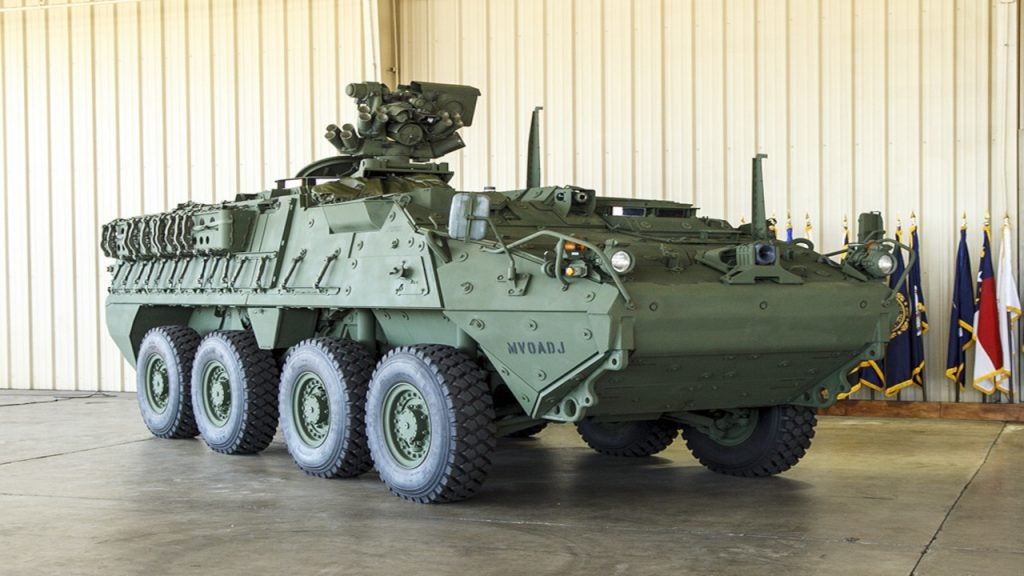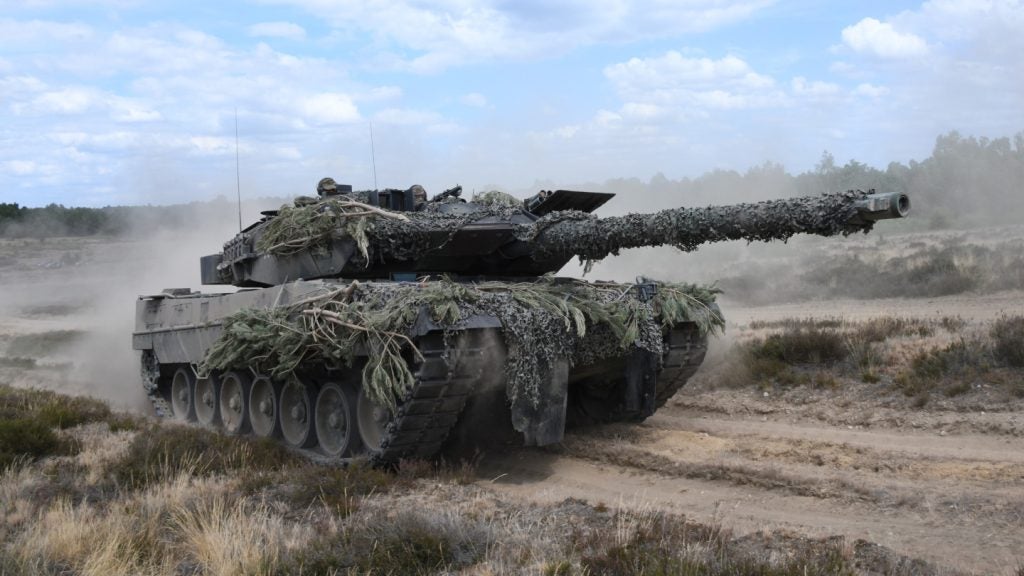
Targetting critical infrastructure continues to be a key tactic in the age of modern warfare as adversaries seek to deprive the vital support their enemy needs to sustain themselves. Due to this, complete situational awareness over complex critical infrastructures is vitally important to prevent against disruption.
The Russia-Ukraine War demonstrates the detrimental effect of attacking critical infrastructure as Russian forces have persistently targeted energy and communication centres across Ukraine.
Europe has felt reverberations too, with an EU-NATO task force being set up to enable European countries to stay resilient in the face of attacks against their critical infrastructure.
To meet this threat, MARSS Group has completed the final site acceptance test for its new hybrid intelligent installation, called NiDAR. The installation protects critical infrastructure, a project for which the company was contracted 18 months ago.
With a value of over $100m and encompassing the installation and integration of over 100 sensors and effectors, NiDAR will provide complete protection and situational awareness at a complex critical infrastructure site in the Middle East, against manned and unmanned asymmetric threats such as unmanned aerial vehicles (UAV), unmanned surface vehicles (USV) and unmanned underwater vehicles (UUVs).
This site project has successfully brought together over twenty partners from around the world, including, Thales, L3, RADA, Citadel, Kirintec, MSI, FLIR, and many others, and seamlessly integrated them into a single tactical operational picture, all underpinned by NiDAR.
NiDAR fuses artificial intelligence (AI) alongside traditional algorithmic techniques and human driven domain expertise. Combing all sensors and effectors into a single, intelligent user interface, NiDAR maximises the performance of individual instruments and to reduce the time from detection to defeat in the decision chain.
Human-machine teaming
The UK Ministry of Defence in its report on Human-Machine Teaming found that the “winner of the robotics revolution will not be who develops this technology first or even who has the best technology, but who figures out how to best use it”.
The MARSS NiDAR appears to employ human-machine teaming for the most effective purpose in preserving critical infrastructure. Automation is the aim of the game with this installation as MARSS not only responds to threats through AI processing, but also maintains situational awareness across the complex.
Human-machine teaming is one useful way to protect and maintain infrastructure. However, Epirus, a high growth technology company, offers a different solution for the same end. Epirus has announced a $66.1m contract award from the US Pentagon in January 2023. Epirus will solidify high-power microwave (HPM) as an effective short-range air defence solution against swarming UASs.
This lacks the situational awareness critical to maintaining a healthy infrastructure that can only effectively be overseen by a hybrid intelligence installation.








